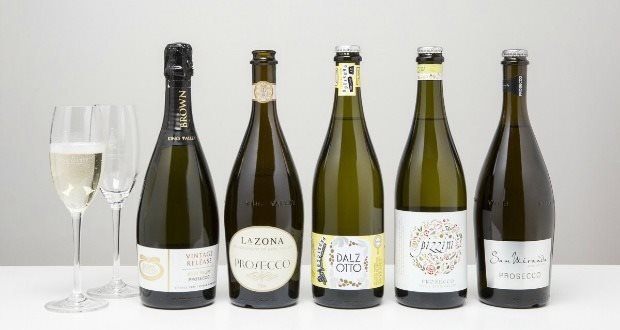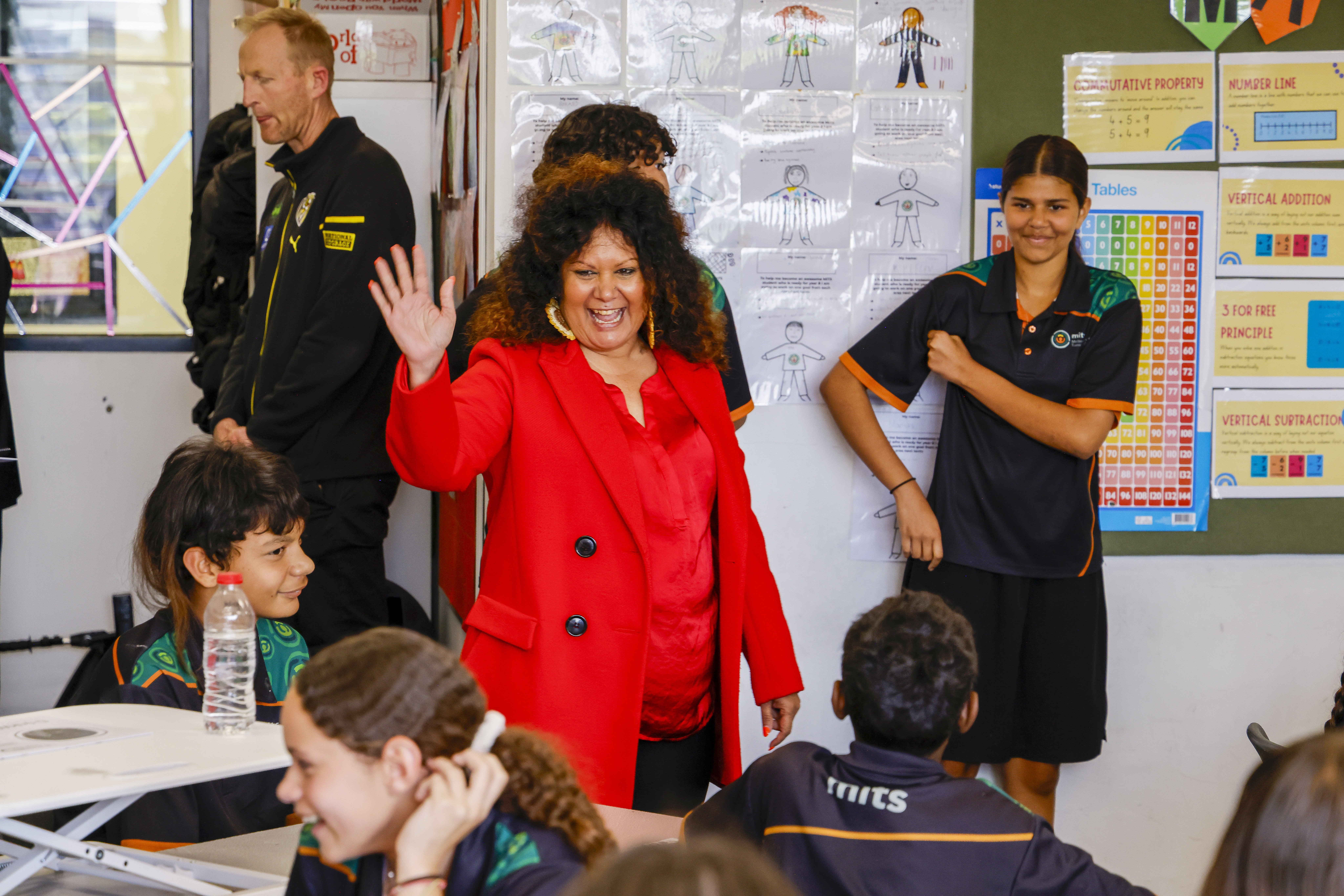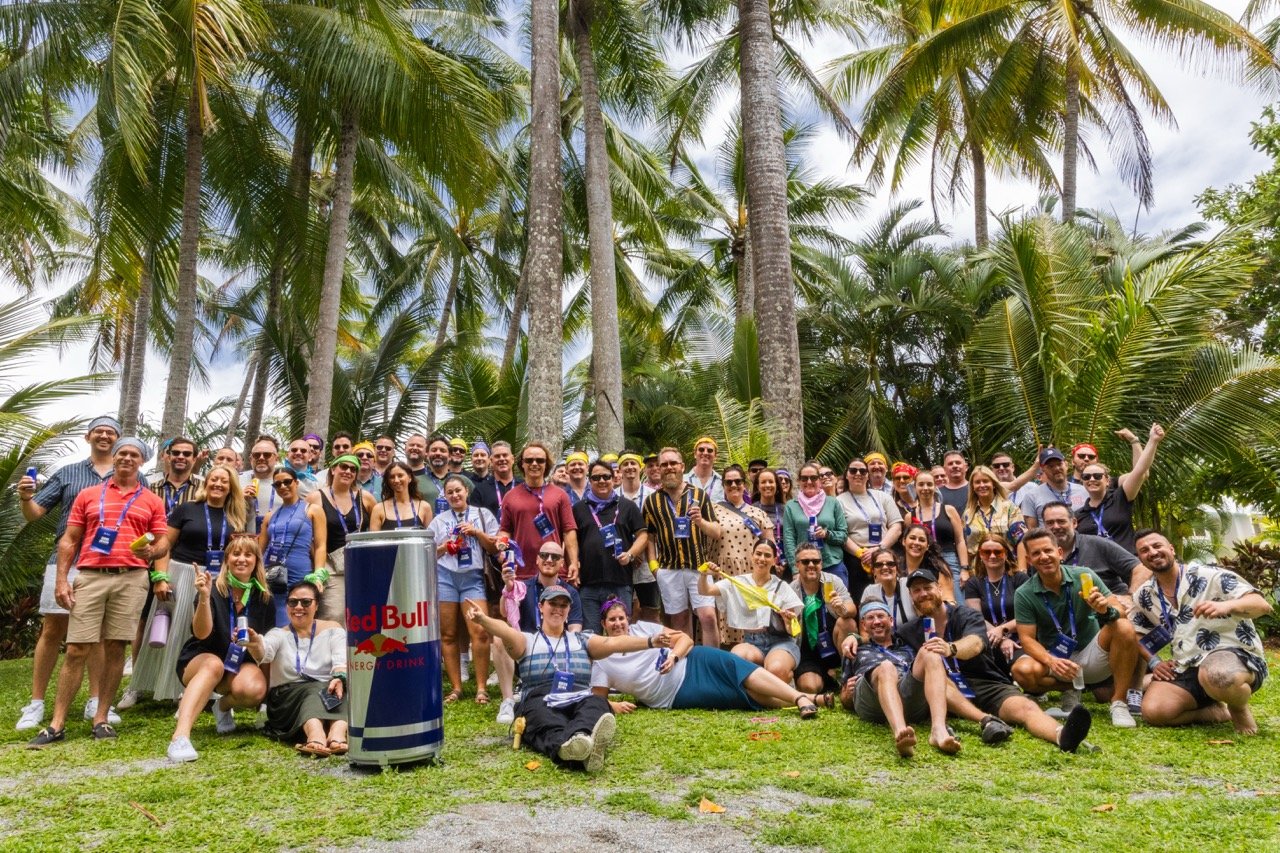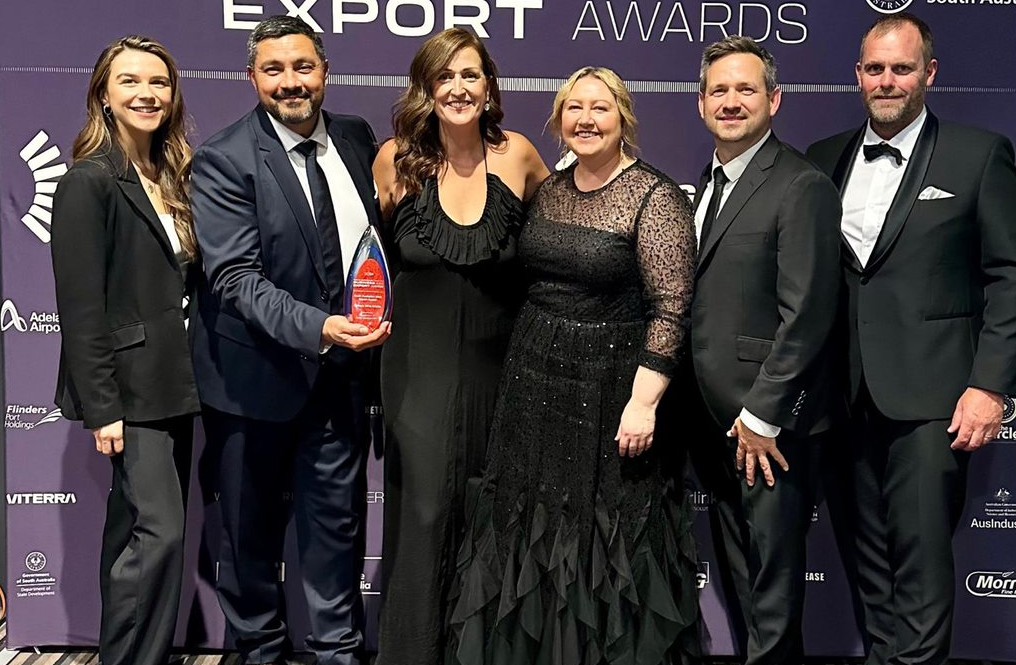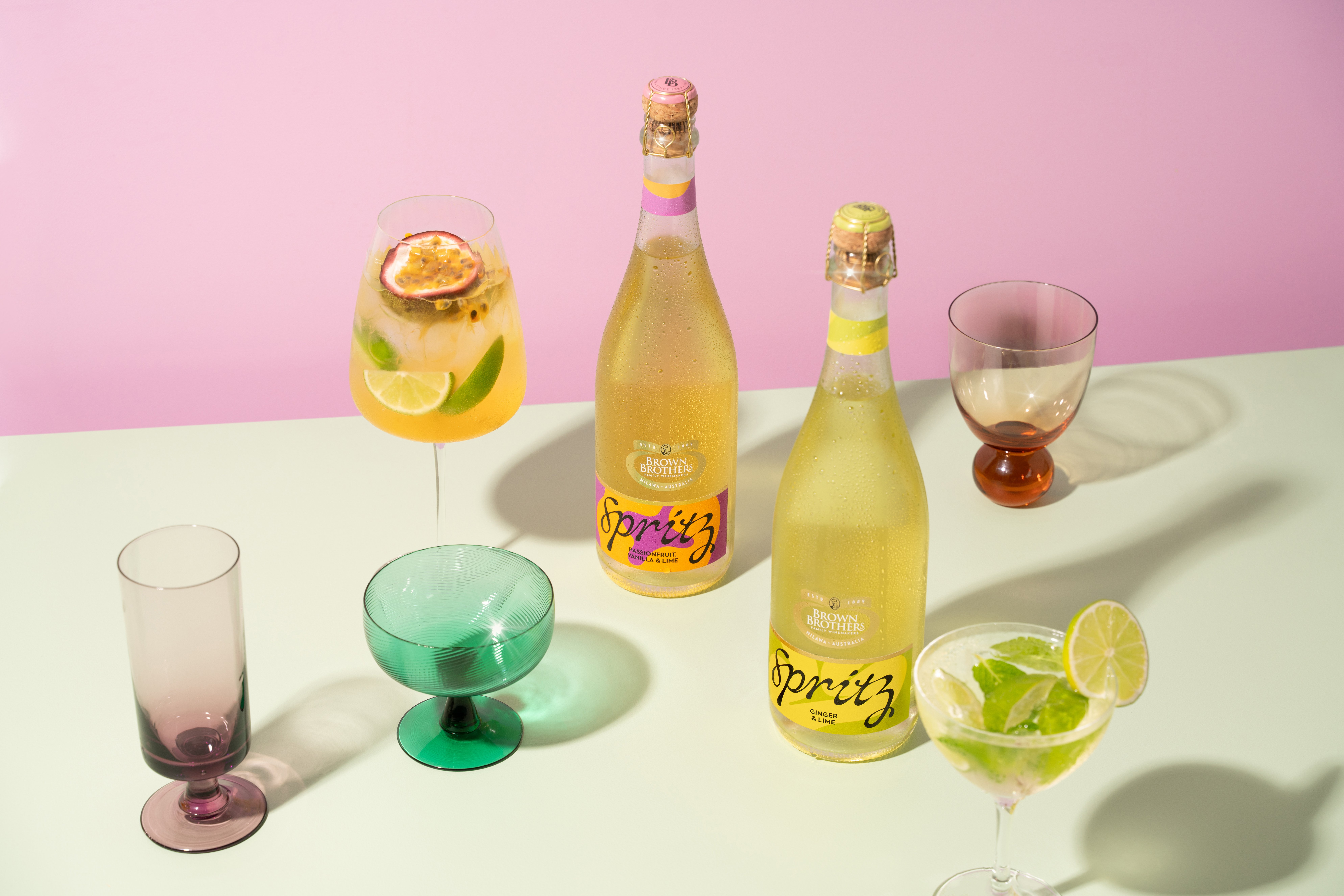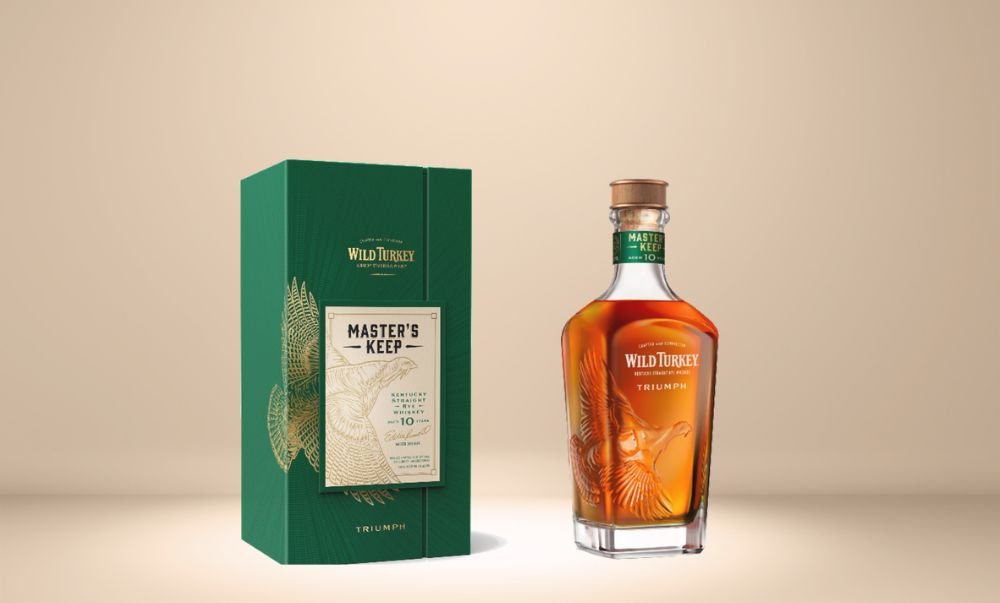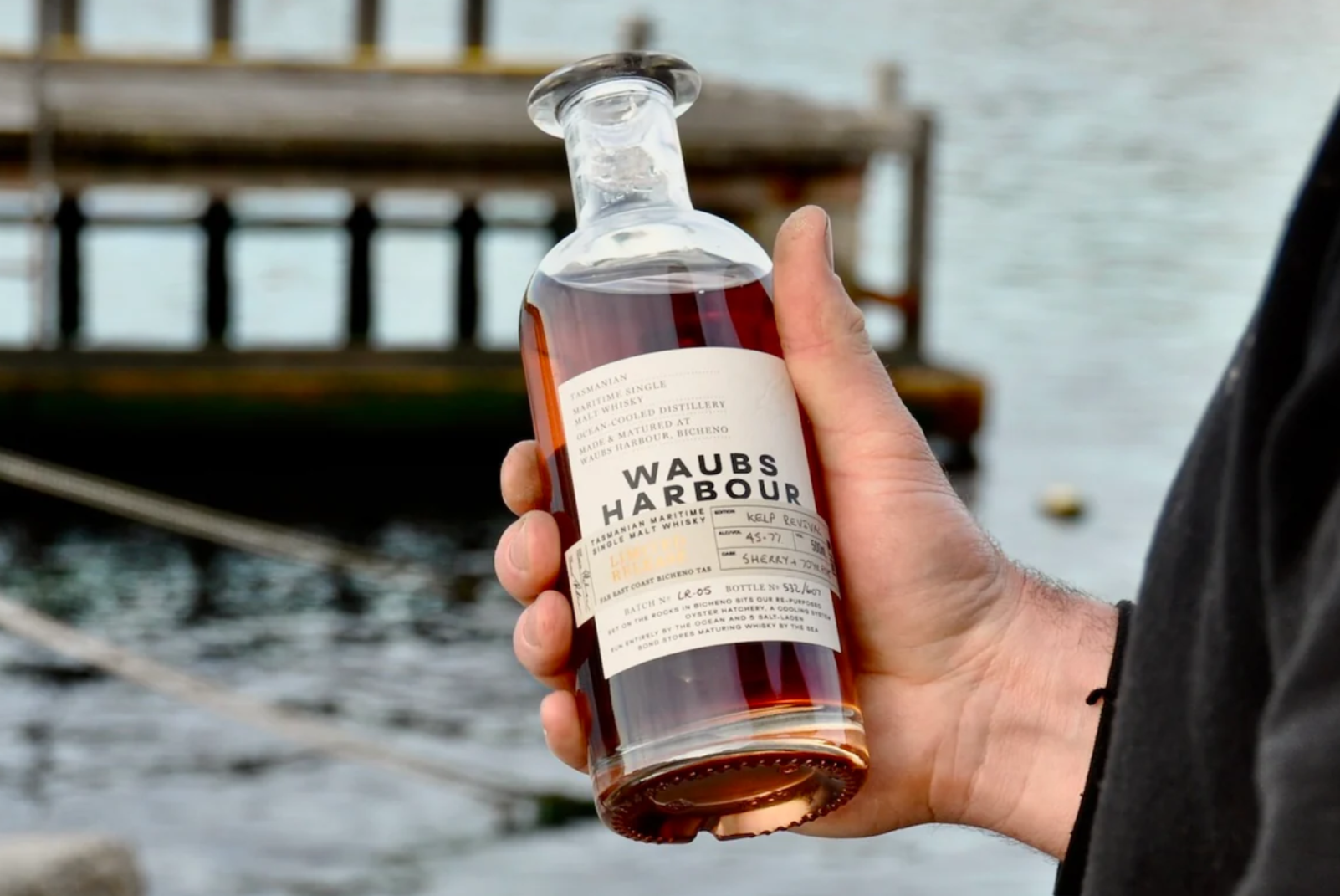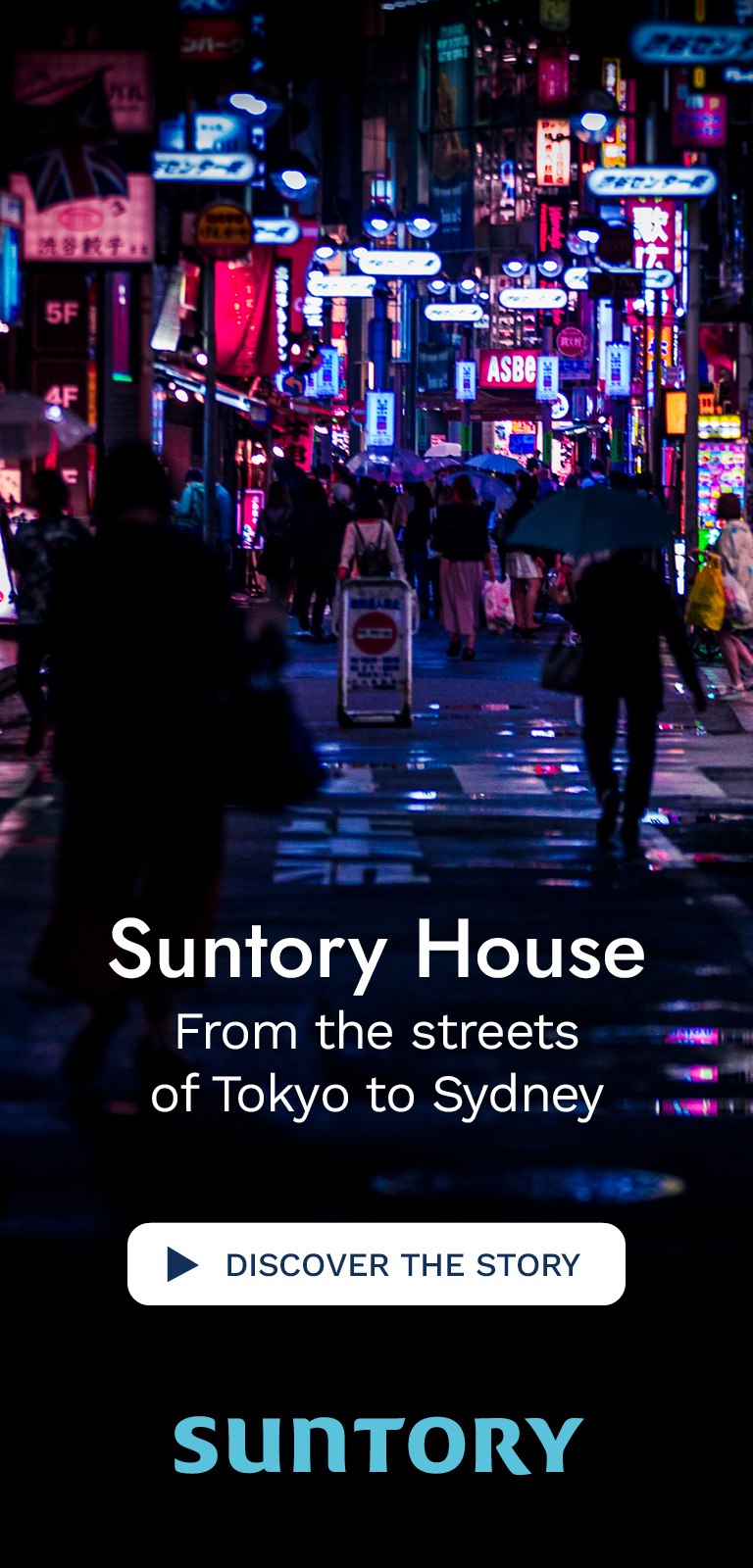Today is International Prosecco Day, the perfect excuse to pop a bottle and cure your Mondayitis.
Originating in the cool alpine climate of Veneto in north-east Italy, Prosecco is a light and lively sparkling wine with a dry finish and a fresh fruit flavour through the mid palate.
Unlike its sparkling cousin Champagne, Prosecco is fermented in large steel tanks rather than in individual bottles.
While the British drink the most Prosecco in the world – knocking back a third of all the fizz that’s produced each year – Australians are quickly catching up. Year-on-year growth is 50%, with Prosecco sales now worth $66 million and tipped to grow to $200 million by 2020.
"It's the fastest growing wine style in Australia," winemaker Michael Dal Zotto, whose father, Otto, was the first to plant Prosecco commercially in his vineyard in Victoria's King Valley in 1999, told the Australian Financial Review.
King Valley has become known as Australia's home of Italian varietals, holding about half of the domestic market share.
Show your support for Australian producers
Pop an Aussie bottle of prosecco to support local producers, who are currently fighting to retain their right to use the name.
In 2009, the Italian wine industry decided the word "prosecco" was a legally protected regional name, like "Champagne" and changed the official name of the prosecco to "glera".
The Winemakers’ Federation of Australia successfully fought a 2013 attempt to register prosecco as a GI in Australia, which would have stopped local producers using the name.
In 2015, the president and director of the Prosecco DOC Consortium hit out at Australia's prosecco producers, calling them “imposters”.
Stefano Zanette, president of the Prosecco DOC Consortium, told drinks business: “We would like to set the record straight: like Champagne, Prosecco is a wine of place with protected production zones in the Veneto and Friuli.
"It is critical that we protect Prosecco’s centuries-old heritage. If we don’t expose imitators, consumers won’t be able to trust that the Prosecco they purchase is of a guaranteed quality."
Luca Giavi, director of the Prosecco DOC Consortium, said: “Some Australian producers are attempting to mislead consumers about the origin and the characteristics of their product.
Negotiations for the Australia-European Union free-trade deal have brought the issue to the fore again.
John Clarke, director for International Relations at the European Commission’s agriculture department, told The Weekly Times earlier this year that a decision regarding geographical indicators for wine could “make or break” negotiations.
"We believe we have a legal right to use the name," says Tony Battaglene, chief executive of the Winemakers' Federation of Australia said earlier this year. "And we are going to defend our position to the hilt."Share the content
